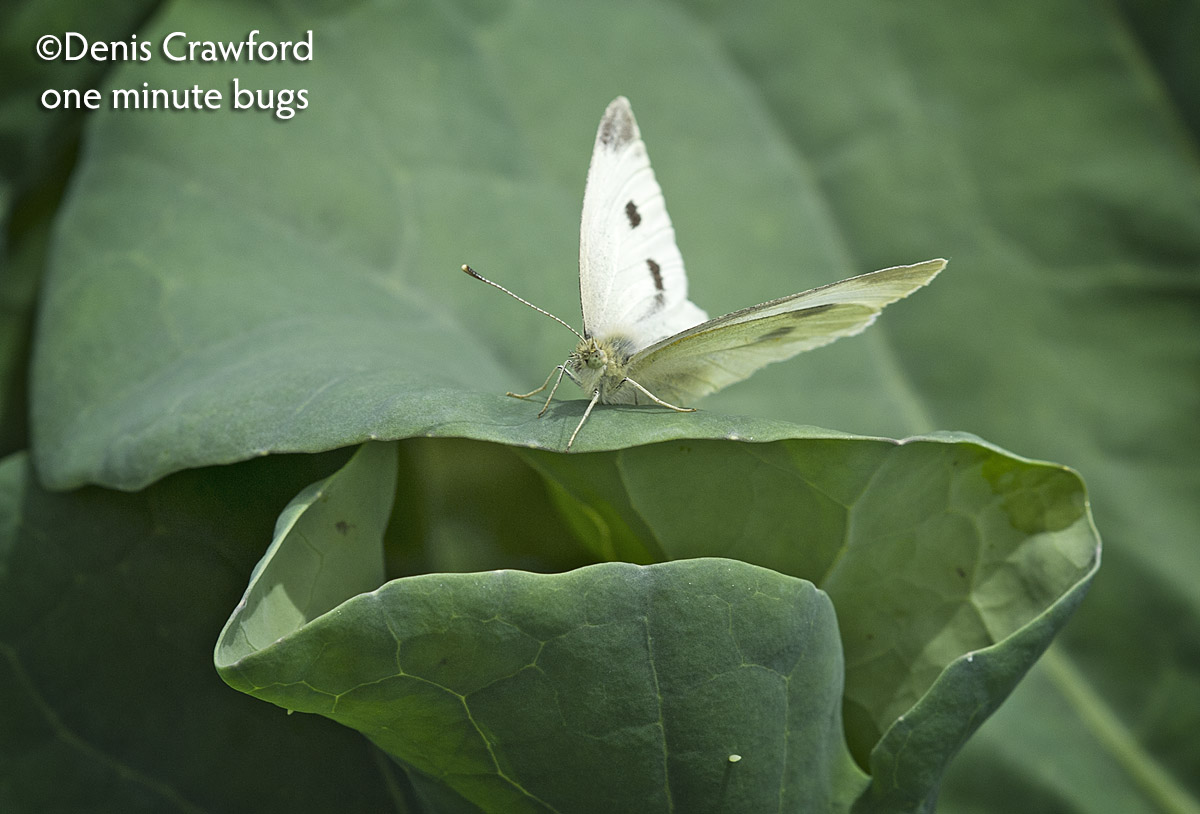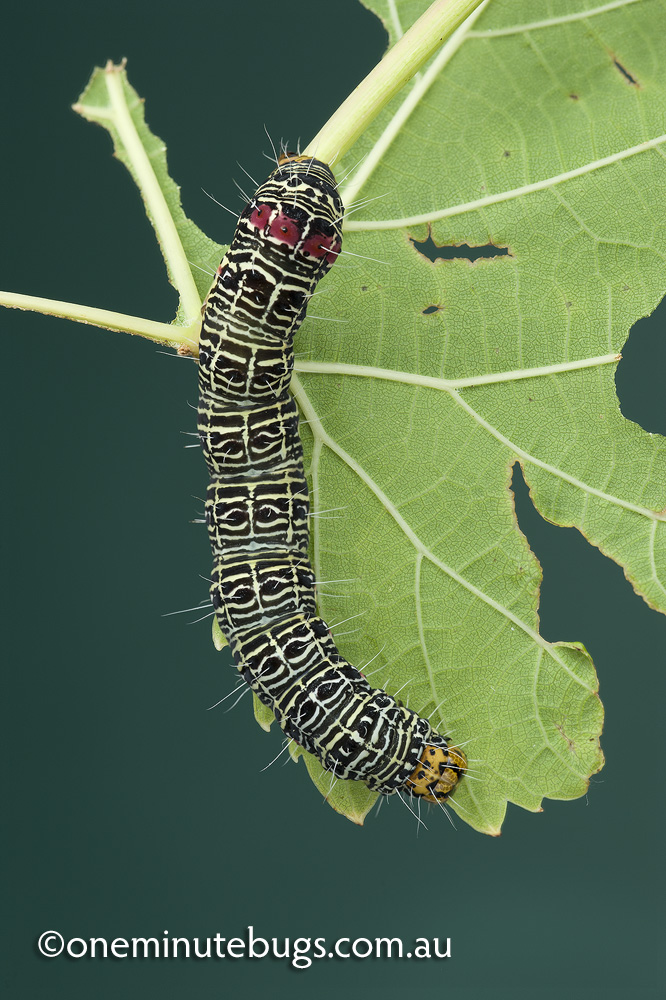This short video (linked from my YouTube channel) shows the segment of the HMAA awards where my article ‘Nullius in verba’ wins the Technical Laurel. You can read the actual article in the previous blog post.
Hit the subscribe button in the widget if you would like to receive email alerts about new posts. The subscription process is more than one click, but it won’t take too long!
BUY MY BOOKS:
“Garden Pests, Diseases & Good Bugs”
https://bit.ly/2TnuBrM
https://bit.ly/2WBJvg7
https://bit.ly/2DO0cNR
“Backyard Insects”
https://bit.ly/2RyJsOd
https://bit.ly/2SsaETH
FOLLOW ME:
Facebook: https://bit.ly/2VPPf4v
Instagram: https://bit.ly/2CbvsFy

